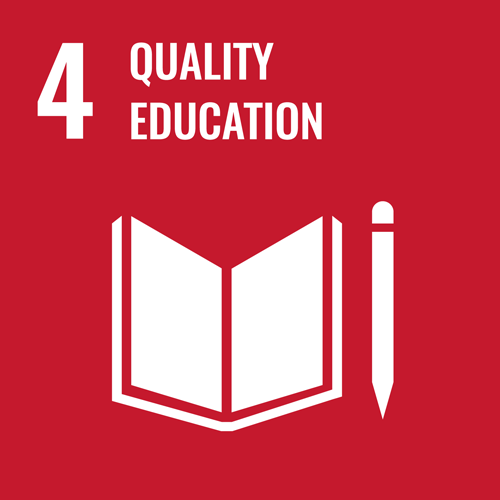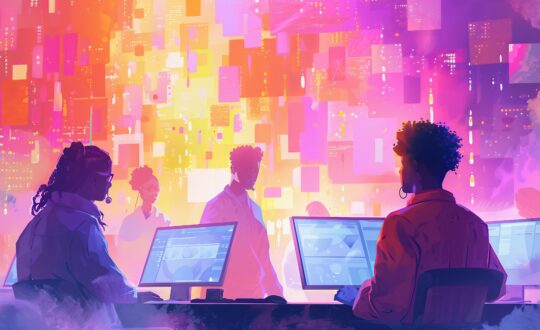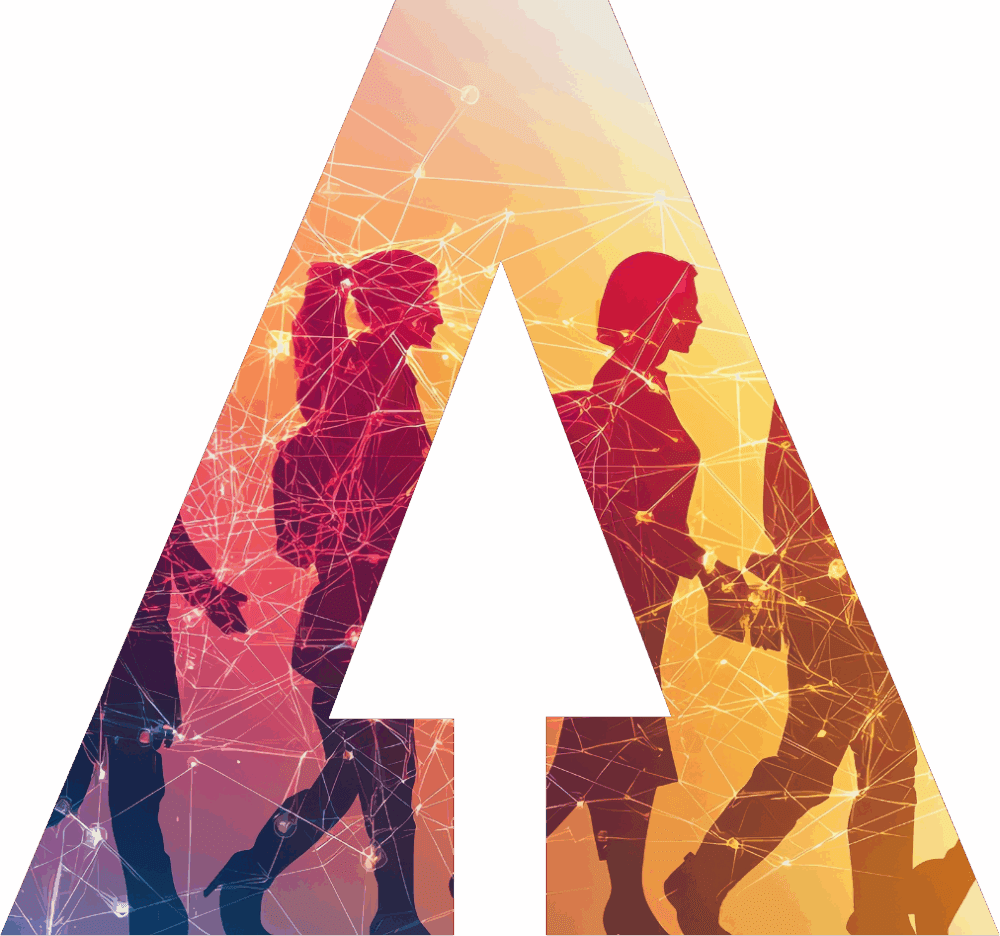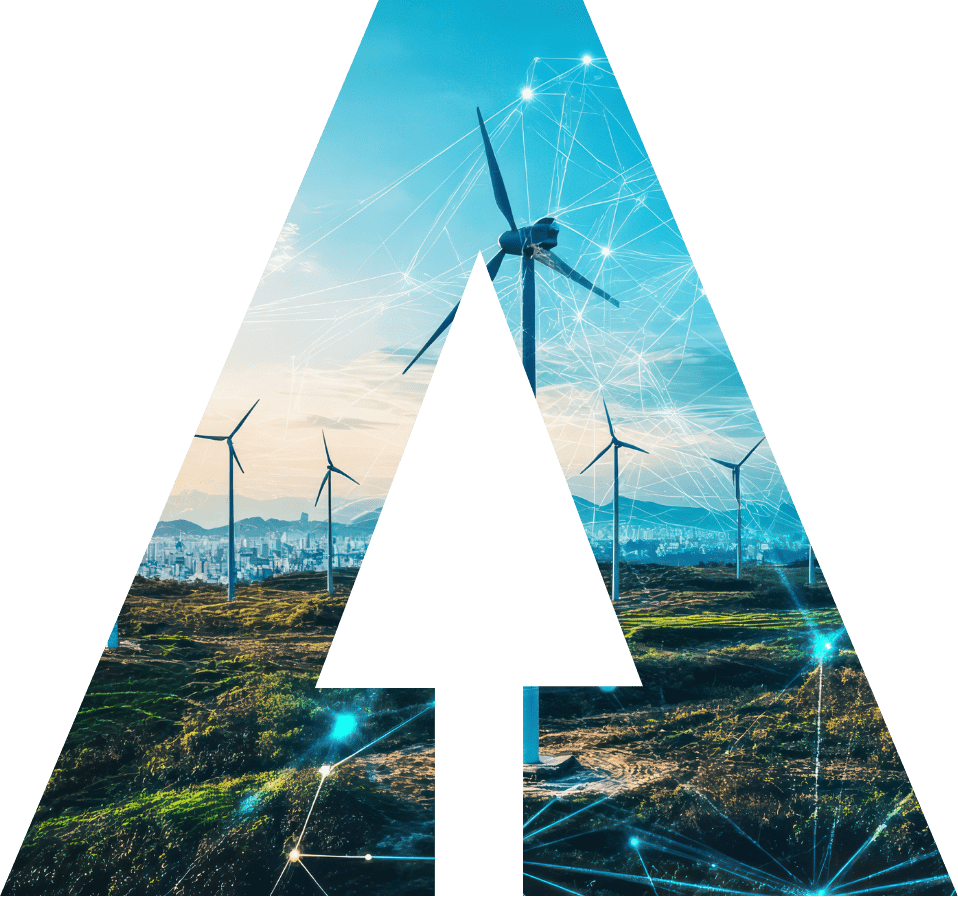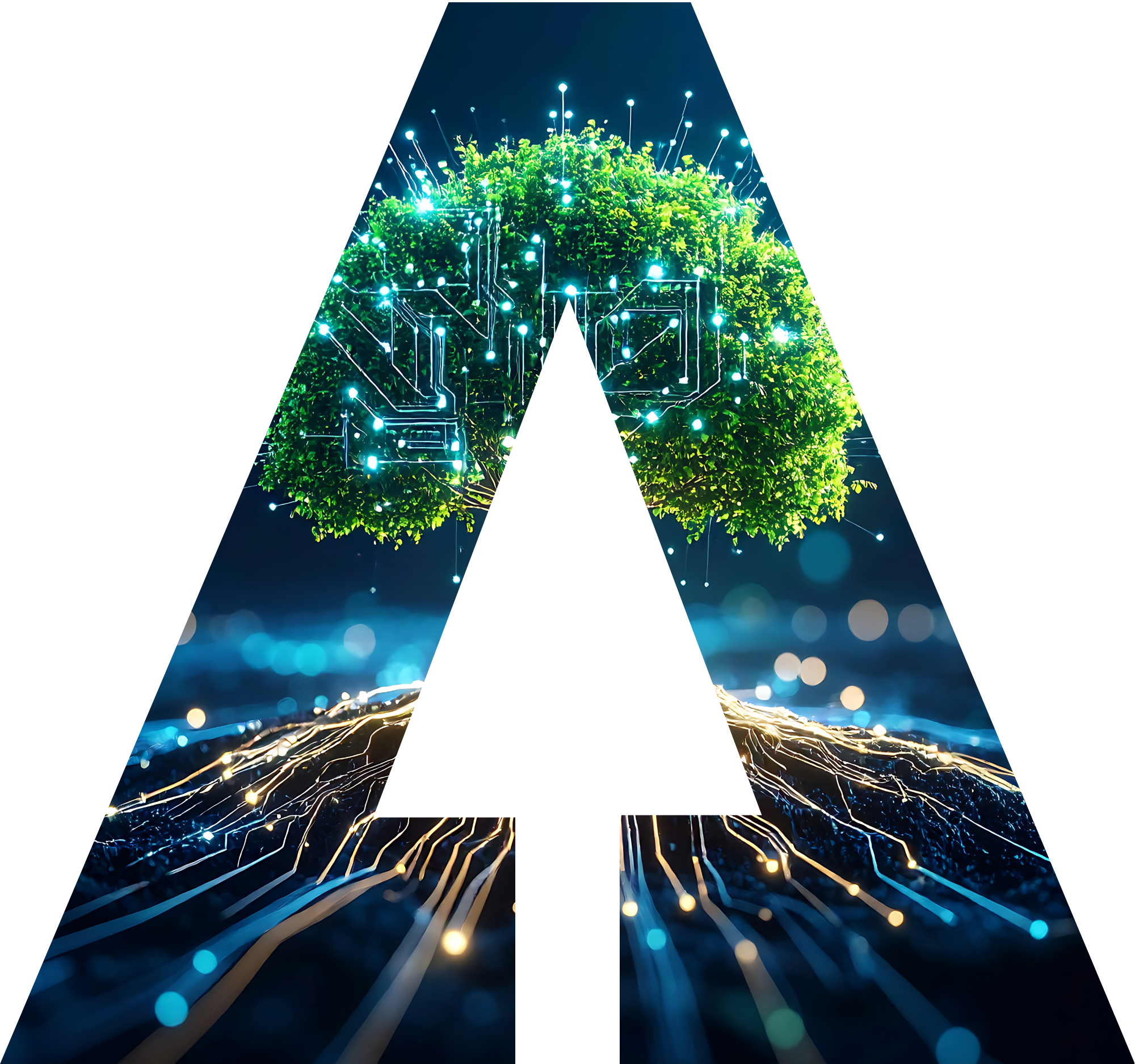The world is changing dramatically, and Artificial Intelligence (AI) is becoming more integrated into society and work. As such, approaches to education are being reimagined.
So how can AI be leveraged to improve education? How can you create AI solutions in your community and what problems could it solve? What are the benefits and key challenges of AI education?
These are just some of the questions panelists discussed and debated during the AI for Good Global Summit’s Education Breakthrough Sessions. This full-day workshop hosted around 300 educators, community practitioners and AI experts to propose new solutions to reach and engage 21st-century learners and to work together to create a plan for bringing AI education into communities across the world.
Why AI education?
Panelists agreed that education needs to be a lifelong journey that everyone has the opportunity to pursue, and through which everyone can develop the skills needed to thrive in a world increasingly augmented by AI-powered technologies.
“The business-as-usual model is: ‘listen, memorize, test, repeat.’ It’s very efficiency, factory oriented. It is not the best model to support cognition,” said Ani Martinez, the Field Director of Remake Learning, and part of the Pittsburgh AI Community. “Aligning today’s learning with the challenges of tomorrow requires new approaches to teaching and learning. ‘Engaging, relevant and equitable’ is the new model.”
AI education helps students develop agency to make a change in tomorrow’s world, which will require the ability to identify problems, generate creative solutions and work collaboratively across multi-cultural teams.
Tara Chklovski, Founder and CEO of Iridescent, discussed how AI education can help young people develop these skills and traits, which they will need to succeed later in life — particularly life-long learning, curiosity, and adaptability.
The challenge is often just getting started, because many people are scared of these technologies and, as a result, are not willing or curious to learn more, agreed participants.
Overcoming challenges
Ashley Patton of Carnegie Mellon University (CMU) discussed some of the lessons learned at CMU in the last 2 and a half years, as they have developed AI education programmes for the community:
- It’s not as impossible as it seems. It’s much less expensive than you think.
- Communities know what they need. They are the experts.
- We’re most successful when we’re working on what we are passionate about. You need to partner with communities that you want to serve.
Speakers highlighted that there are a range of freely available AI education platforms for children and parents online.
Stefania Druga of the Massachusetts Institute of Technology (MIT) discussed the online learning platform, www.Cognimates.Me, an inclusive AI literacy platform for children around the world.
Developed at MIT Media Lab, the platform uses Scratch, a popular and free computer programming language, to spur fun activities for AI learning, such as programming speech assistants or robots. Teachers and parents with no background in AI or programming can use it.

Two projects spawned at the Summit
The AI Education Breakthrough track unveiled two projects that will be moving forward as a result of the work at the AI for Good Global Summit.
- The world’s largest AI education programme for families: The project is going to target 8000 children and parents and 150 educations with 150 000 hours of training, with the support of Google.org, McGovern Foundation, AIDA, University of Malta, Power to Code Spain, School of Computer Science at Carnegie Mellon University and others.
- The world’s largest AI mentoring programme: This mentoring programme will run experiential, hands-on AI mentoring to help industry professional be more open to learning AI. With the support of software company NVIDIA, Graz University of Technology in Austria and others, the programme aims to train mentors with 10 000 mentoring hours.


 Register here
Register here

